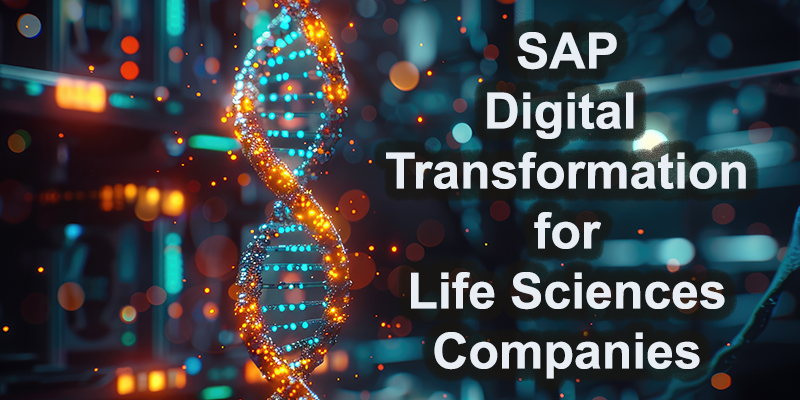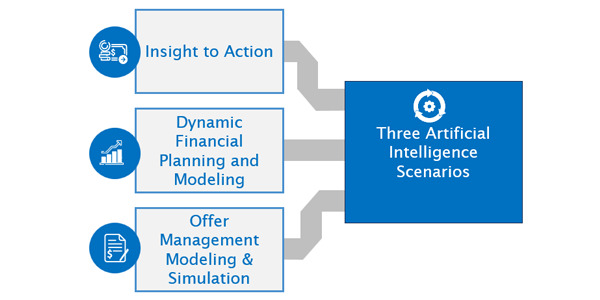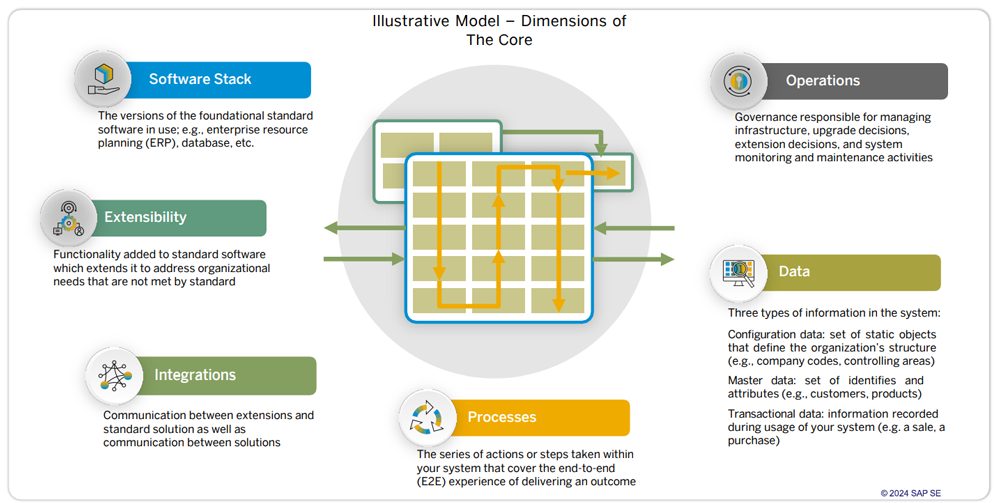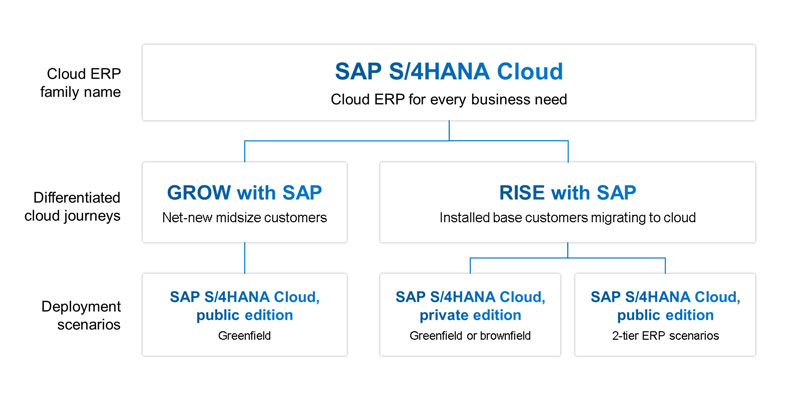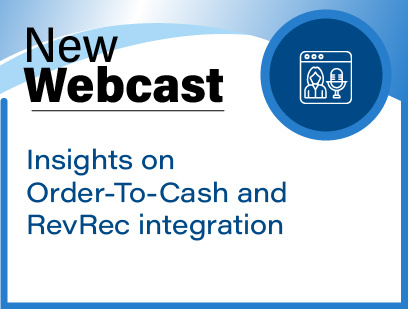The business world never stops evolving, and staying ahead means equipping yourself with the right knowledge. That’s why we’ve compiled a selection of 2024’s most-downloaded eBooks—essential reads that have helped professionals across industries navigate key challenges and uncover new opportunities.
From innovative strategies in the Subscription Economy to mastering Quote-to-Cash processes, these eBooks are your gateway to actionable insights and transformative ideas. Explore our top picks and elevate your expertise today.

2024’s Most-Downloaded eBooks: Essential Reads and Expert Insights



